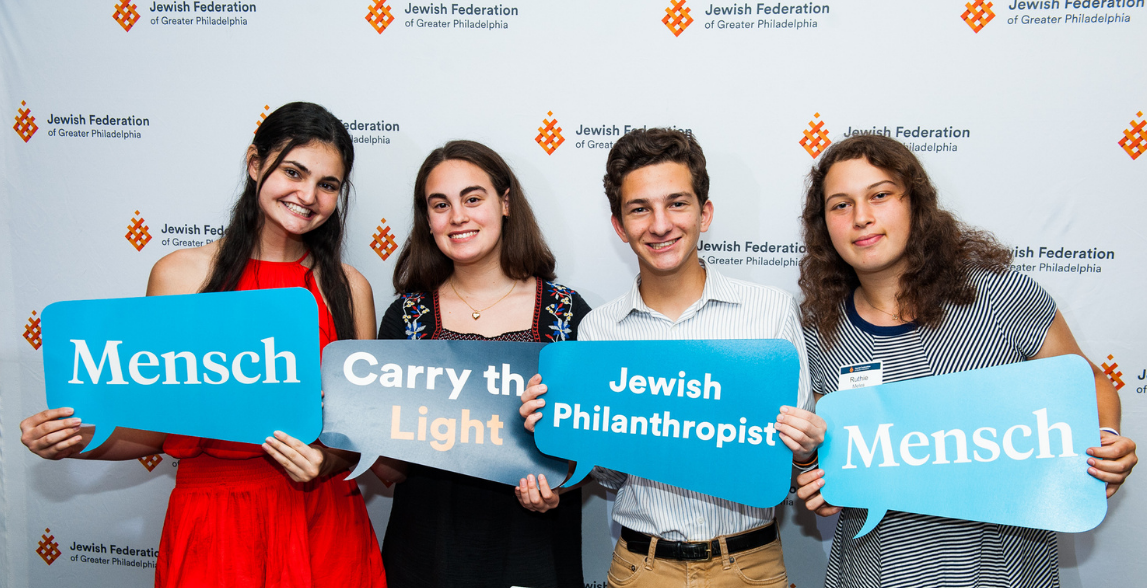How to use Jewish teen philanthropy for Civic Discourse
By: Danielle Segal
There is a fine line between a debate and an argument. All too often, we are pulled into an argument, where everyone is speaking and no one is really listening. A debate, however, considers both sides, offers opinions and requires listening and responding.
In 2016, the New York Times asked teenagers to participate in what they called the Civil Conversation Challenge in order give teens the opportunity to talk openly about their different opinions, a feat that the New York Times claimed “many adults were unable to [do].” This online forum allowed teens to discuss key topics that are affecting our world today, using the skills of “respectful, informed conversation”, looking for “civil, productive discussions between students.” They found that, overall, the teens engaged with respectful language, backed up their answers with reputable sources (and questioned other people’s sources!), used personal observations, and demonstrated open-minded attitudes.
There exist some excellent resources and methodologies in civil discourse for the secular education world (Facing History and Ourselves, Teaching Tolerance, to name just two), and supplementary Jewish educational and leadership programs can also lend their expertise to the ever-growing need for civic education.
